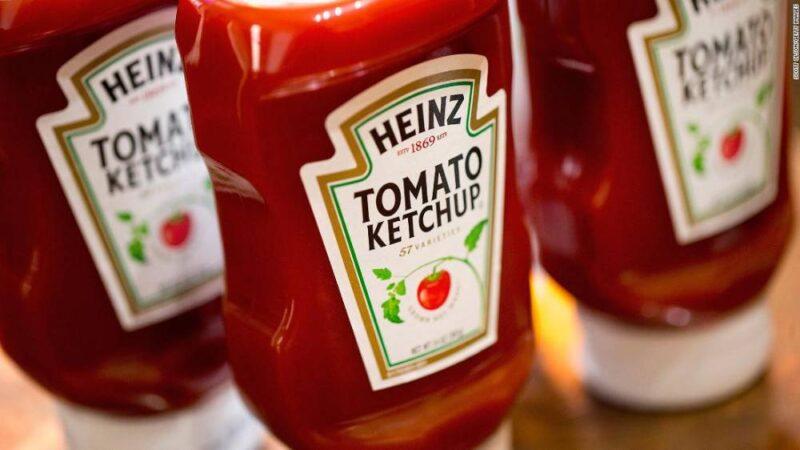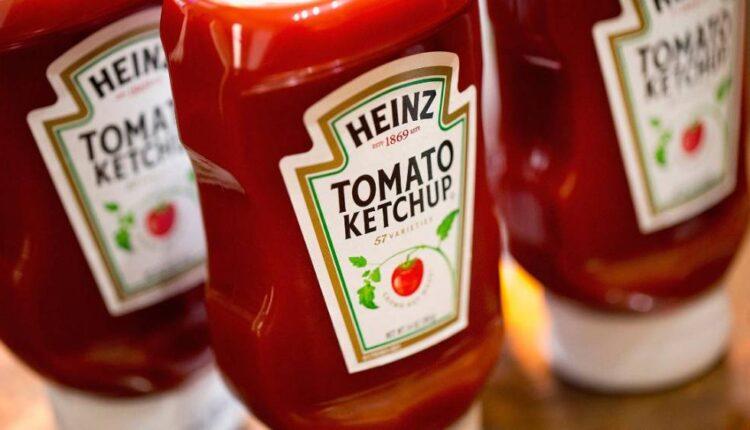New York (CNN)Kraft Heinz and two of its former high-ranking executives settled charges with the Securities Exchange Commission, which found the company engaged in a “years-long accounting scheme” involving falsified supplier contracts.
The SEC announced the formal charges and the settlement on Friday after a long-running regulatory investigation that Kraft disclosed in 2019. The company will pay $62 million as part of the settlement.The agency alleges that from the last quarter of 2015 to the end of 2018, Kraft “engaged in various types of accounting misconduct” — including faking supplier contracts to get discounts that the company hadn’t earned — to ultimately make their financials look better to analysts and investors.
Kraft Heinz (KHC) already had to restate its full-year and quarterly results for 2016 and 2017 after its an internal investigation following the launch of the SEC probe in 2019.

Heinz Tomato Ketchup bottles shown on March 25, 2015 in Chicago. Two individuals, Kraft’s former chief operating officer Eduardo Pelleissone and former chief procurement officer Klaus Hofmann, were also personally charged for alleged misconduct in the case after fabricating an estimated 59 supplier and procurement transactions, according to the SEC’s complaint. They settled for $300,000 and $100,000, respectively. Hofmann will be barred from serving as an officer or director for five years.Read More”Investors rely on public companies to be 100% truthful and accurate in their public statements, especially when it comes to their financials,” SEC division of enforcement director Gurbir S. Grewal said Friday in a written statement.Kraft did not admit to or deny the allegations as part of the settlement. “We have fully cooperated with the SEC throughout its investigation and took prompt and extensive remedial action and proactive steps to improve our internal policies, procedures, and internal controls over financial reporting,” Kraft Heinz global chief communications officer Kathy Krenger, told CNN Business in an emailed statement Friday morning.The company also said the bogus transactions had a maximum effect of 1% on its earnings in any reporting period, and that “internal control weaknesses” it identified as part of its internal investigation in 2019 were fully remediated in 2020.
As part of its financial restatements as a result of the scandal, Kraft Heinz officials ultimately wrote down the value of its Kraft and Oscar Mayer divisions by $15 billion, reported a fourth quarter 2018 loss of $12.6 billion and cut its dividend by 36%.Former Kraft CEO Bernardo Hees resigned in 2019, about five months after the accounting scandal was revealed. Miguel Patricio took over in July of that year and has served as CEO since.
Source: edition.cnn.com

